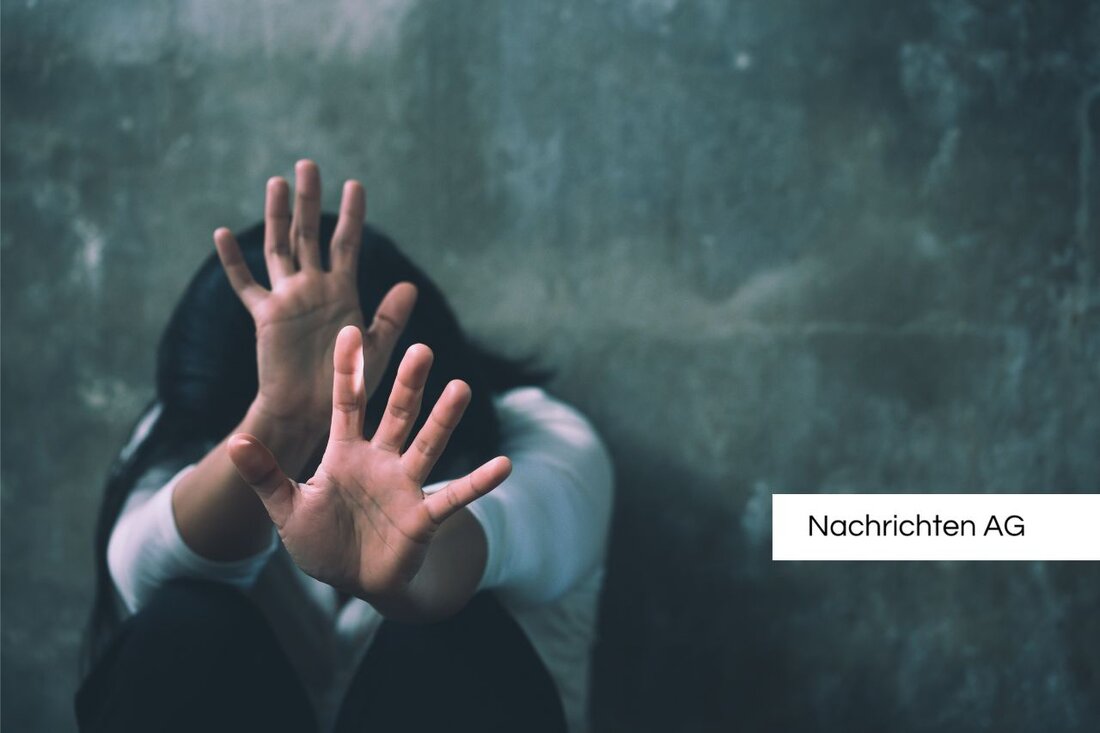Honor for Liselotte Zauchner: Pioneer of Women's Policy!
Honor for Liselotte Zauchner: Pioneer of Women's Policy!
Möllbrücke, Österreich - In 2025, the SPÖ regional group honored a remarkable politician: Liselotte Zauchner, who celebrated her 90th birthday last year. This honor took place in Möllbrücke and reflected the appreciation for Zauchner's decades of commitment. For more than 50 years she was a member of the SPÖ and held numerous important offices, including as a member of the state parliament, district women's chairwoman and councilor in Lurnfeld. Zauchner was particularly committed to equal rights for women in politics in the 1970s, 80s and 90s. However, her path was not easy: she had to fight for rights, overcome prejudices and endure resistance. Among other things, Lrin Mag.a Sara Schaar, City Councilor Ing. Andreas Unterrieder and district women's chairwoman Sabine Gugganig were present.
The social role of women in politics has changed in recent decades, but remains characterized by challenges. Historically, there was only the courage and commitment of pioneers such as Elisabeth Selbert, who enforced the legally unrestricted equality in the Basic Law of the Federal Republic of Germany in 1949. Article 3, Paragraph 2 of the Basic Law found that "men and women are equal". However, despite these achievements, the proportion of women in political committees remains inadequate. Especially in the 1960s and 1970s, the proportion of women in the German Bundestag was under 10%, which led to resentment among voters and party members.
Current statistics and challenges
As current numbers prove, the proportion of women in the German Bundestag in March 2025 is 32.4%, while in state parliaments it is an average of 33.2% and around 30.5% in local parliaments. In the mayoral offices, the proportion is even lower and is 13.5%across all federal states. The highest women's shares can be found in Schleswig-Holstein and Mecklenburg-Western Pomerania with 18.3%, while in Saarland the lowest proportion is recorded with 6.6%. Despite the fact that women make up more than half of the population, they are still underrepresented in political offices and bodies.
The challenges with which women are faced with politics are diverse. In particular, the compatibility of the office, family and work, a male -dominated political culture as well as different electoral laws and party statutes make their access to political participation. In addition, 40% of politicians report sexual harassment, for those under the age of 45 even 60%. Such structural obstacles contribute to the fact that women are often disadvantaged in politics.
initiatives to promote equality
In order to strengthen the political participation of women, various programs and initiatives have been launched. This includes the "municipal action program-women in politics" and the Helene-Weber-Kolleg, which offers mentoring and coaching programs. The project "Women. Diversity. Politics. Design Democracy on site", which started on December 1, 2024, has the goal of increasing the proportion of women in politics. It focuses on the areas of information provision, knowledge transfer, networking and targeted addressing of rural areas.
The print-on-demand exhibition "Mothers of the Basic Law", on the other hand, honors the commitment of women in the parliamentary council of 1948/49 and addresses the current situation of women in politics. It becomes clear that despite the progress made, a consistent policy of gender equality remains necessary in order to promote the political participation of women.
The recognition of Liselotte Zauchner is a significant sign of the way that women have mastered in politics, and an incentive to tackle the challenges that are deadly. At a time when political discourse should be increasingly shaped by diversity, it remains essential that women are represented equally in all political areas.
| Details | |
|---|---|
| Ort | Möllbrücke, Österreich |
| Quellen | |


Kommentare (0)